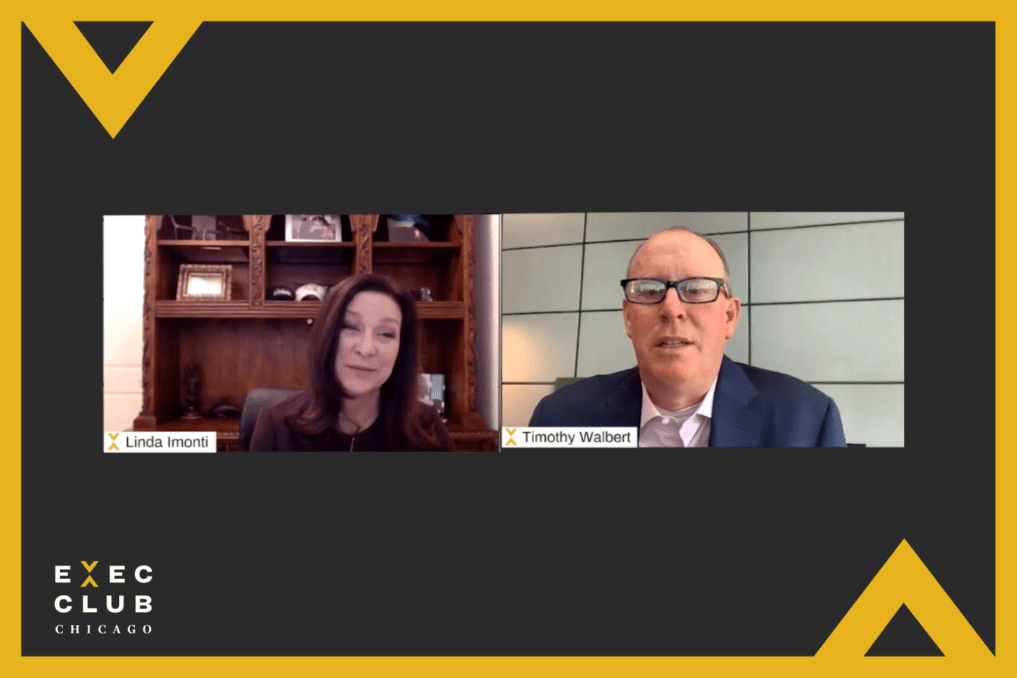“We always make sure if you come in at a level, it doesn’t matter what your background is relative to gender or race. It’s what does the job you’re doing (entail). You should be paid a similar amount.
It doesn’t matter if you are working in scheduling meetings or if you’re in R&D or at the lowest level. Every person in the company is going to get (stock) equity and share in the success of the company. …I’ve seen companies say, ‘You have to be a director level to get equity.’ I just think you’re excluding a key part organization that makes you successful.
If there’s a bonus for executives, everyone should share in a bonus. Those are some simple things that shouldn’t be difficult to do, but people tend to not think through it fully.”
—Timothy Walbert, Chief Executive Officer, Horizon Therapeutics




